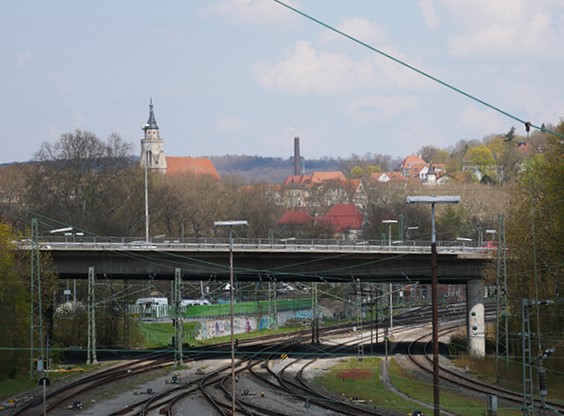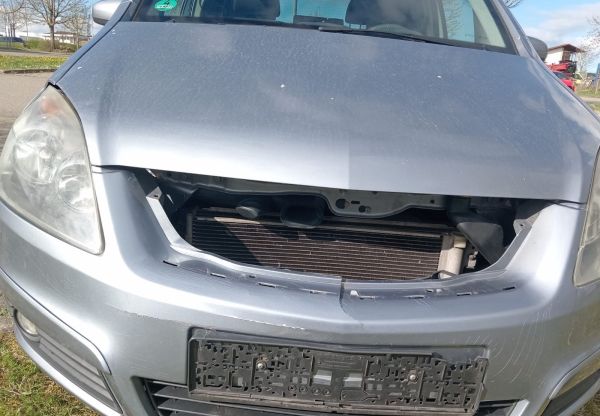By Lobna Alhindi and Michael Seifert
You can hear it everywhere: Refugees complain that their German language skills are not developing or even regressing due to a year and a half of pandemic. Lobna herself states: “I have the feeling that I have lost contact with the German language. Before the Corona pandemic, I had many contacts with German friends. We met and talked more often. Then, because of the lockdown, we could no longer meet. Even when the situation got better again, we didn’t meet again. On the one hand, people want to protect themselves and their relatives from infection, on the other hand, they got used to their lives without us refugees again.”
A survey among Syrian women confirmed this impression. Samar, for example, says she only spoke her mother tongue: “My language has declined significantly because I wasn’t allowed to meet with my German acquaintances and neighbours.” Children also experience this, Nasiba reports: “Because of Corona, school lessons had to be conducted online. My daughter was in first grade, now she is in third grade. She has learnt little, and her language has not improved much. And she has hardly met her classmates either.” Finally, Tala says that all areas, not just language, were affected: “The lockdown was a big new obstacle on the way to integration – on all levels, socially, psychologically and linguistically. I had to start all over again.”
Volunteer supporters of the refugees also confirm these experiences. Michael Mautner, spokesperson for the Friends of Asylum in Mössingen, reports: “Many contacts were severed by Corona. Communication often only took place via WhatsApp or telephone.” However, the situation has improved due to the vaccinations. In Mössingen, there is now direct family support for about 20 to 25 families by volunteers again. “But for personal care, as for the language courses, the 2 G rule applies. Anyone who is not vaccinated or recovered cannot take part in the language courses. And these people can’t expect to be visited at home either, putting themselves in danger. After all, most of our volunteers are elderly people.” He sees a big deficit in the lack of an “evening meeting opportunity like we used to have, where people can just come, exchange ideas and seek advice. At the moment it’s very difficult to find a suitable space for that, but we keep looking.”
A social science study by the University of Erlangen-Nuremberg also came to the conclusion after a year of the pandemic: “The corona crisis is jeopardising the progress that has been made in integrating refugees in Germany in recent years.” The study also shows that the pandemic has a very strong impact on mobility, health, housing, education and training, and work. However, all of these areas are extremely important for integration.
tun21110205
Bahngleise mit Blick auf die Stiftskirche Tübingen. Foto: tünews INTERNATIONAL / Martin Klaus.




